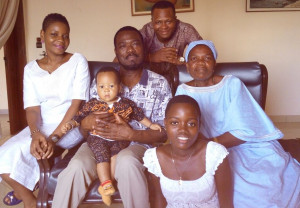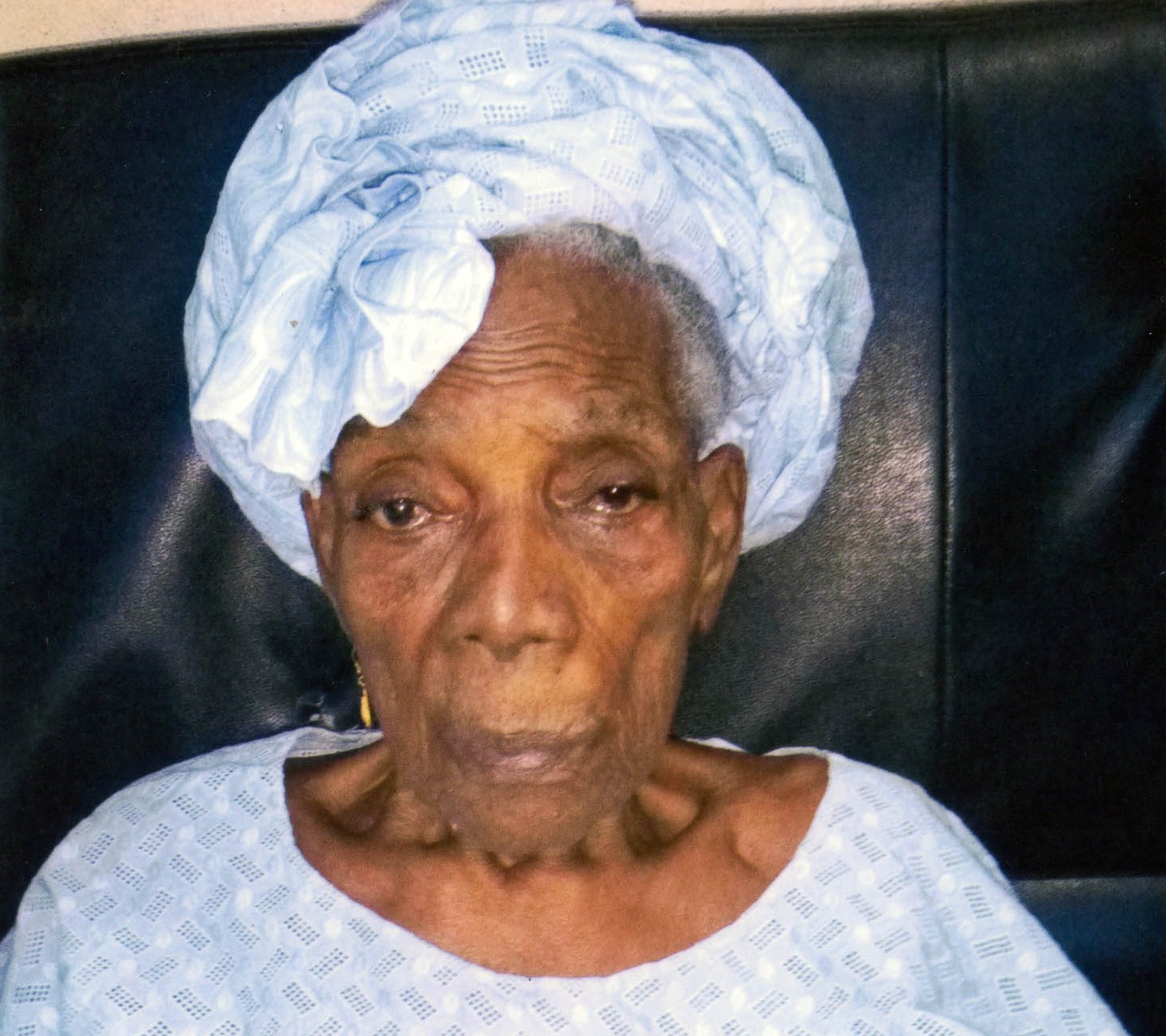Celebrating black women: the inspiring story of 95-year-old Hadeejah Salifou
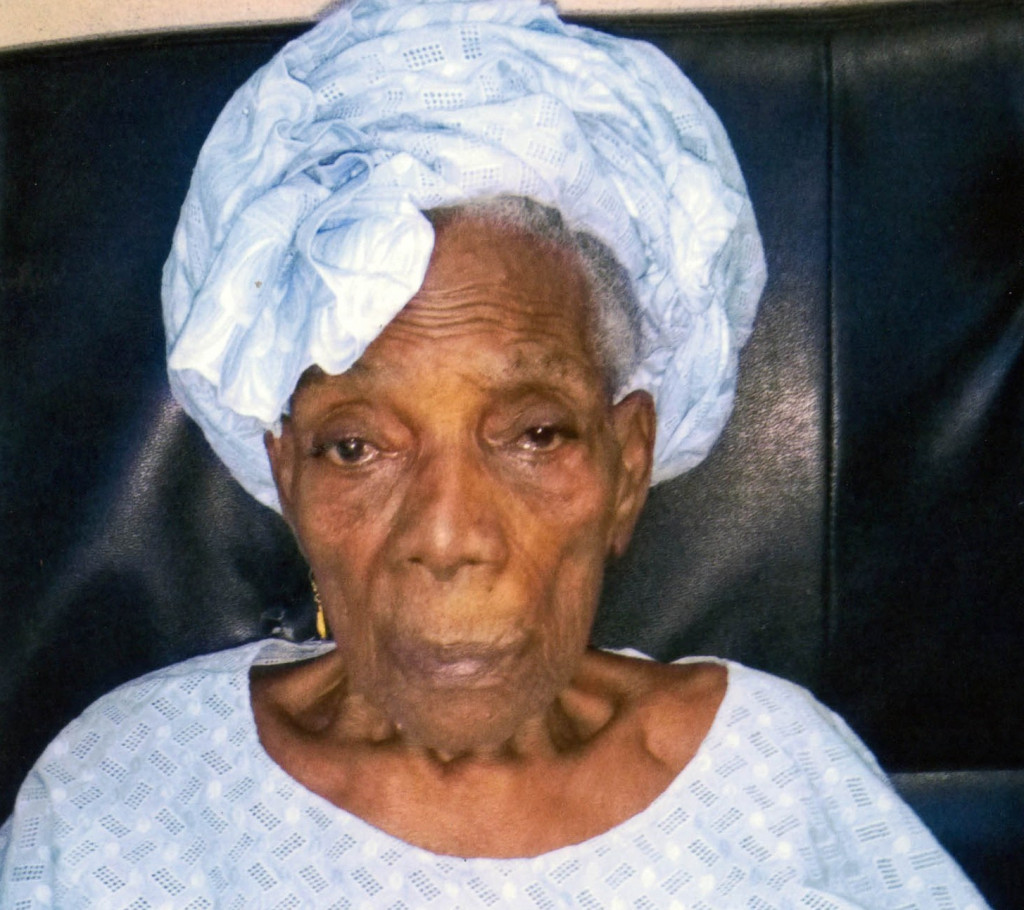
BY LOU SIFA
The inspiring story of Hadeejah Salifou, an illiterate, now-95-year-old woman from rural southern Benin who challenged a deep-rooted tradition to get her way, epitomizes the fighting spirit of the African woman.
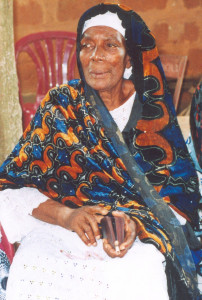
She was born circa 1921 in a remote village called Colli-Védjigon, 75 kilometers (46.6 miles) from Cotonou, the largest city in present-day Benin where she lives. Her father, a farmer and hunter originally from the central region, was accidentally separated from his family during a stampede caused by one of the many pre-colonial intestine wars that permeated the area. He was adopted by a family, also displaced by the war, that settled in Colli-Védjigon. Not much is known about Hadeejah’s mother who happened to be the youngest wife of Hadeejah’s father named Dohou (spelled out as Nuwamê mazê dohou) which means in Fongbé, her native language, “death is the ultimate misfortune.”
Coincidentally, Hadeejah, who was originally a non-Muslim, became the second and youngest wife of a much older, devout Muslim man, Mama Salifou who, uncharacteristically, had only two wives. She obviously converted to the Islamic faith. Salifou’s father was a spiritual advisor to the king of Dahomey (as Benin was previously known) in the 1800s, so his son Mama, concurrently with his training as a shoemaker—the traditional trade in the Salifou family—received extensive education in Islamic studies and later became a spiritual leader in his own right. So his counsel was sought by people from far and near. He also had to travel frequently, which often left Hadeejah alone to take care of the children—nothing really unusual in those days.
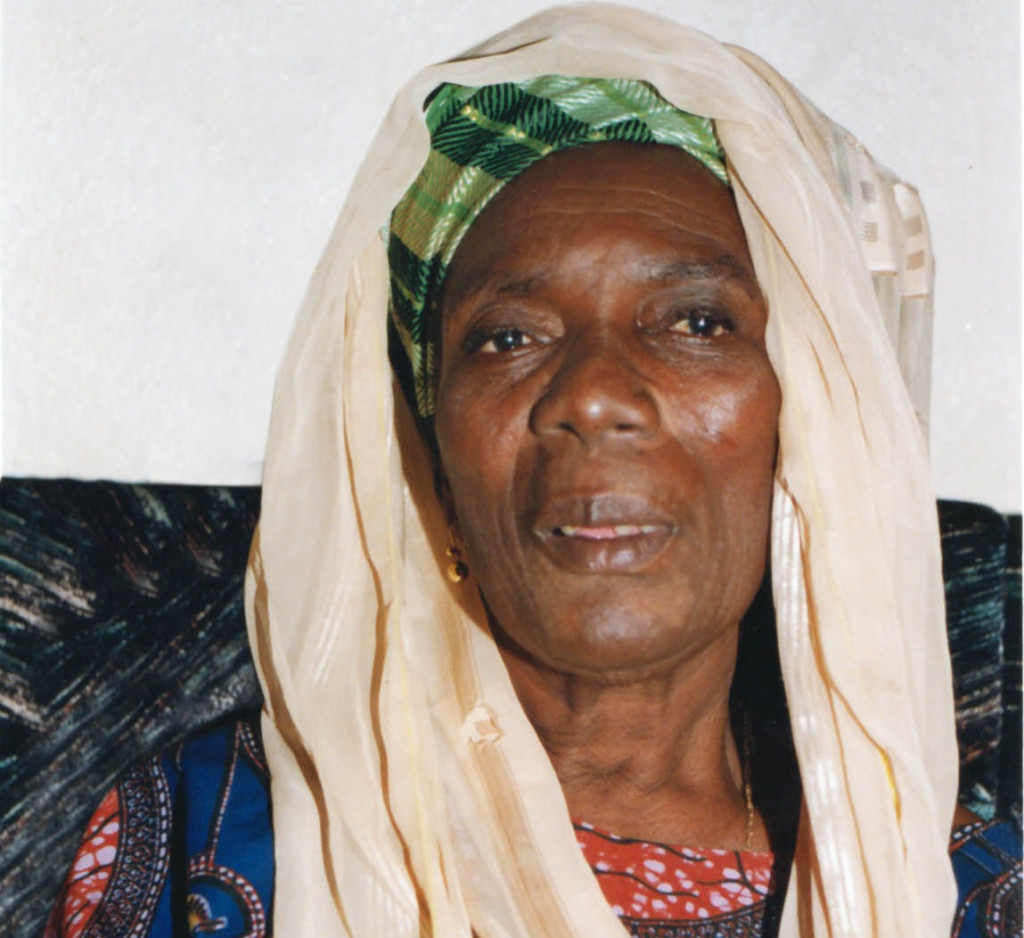
The couple settled in Cotonou in the early fifties, at which time Hadeejah started a small business that consisted in the semi-wholesale and retail-sale of kerosene, cigarettes, cooking oil, sugar, candies and a few other things. While that business, which lasted less than a decade, proved very lucrative, the one occupation Hadeejah held for the rest of her life, even when her children were in college, was a clothing-dyeing business that became very lucrative in the mid- and late sixties, which significantly boosted the family’s living conditions after her husband’s death in 1959.
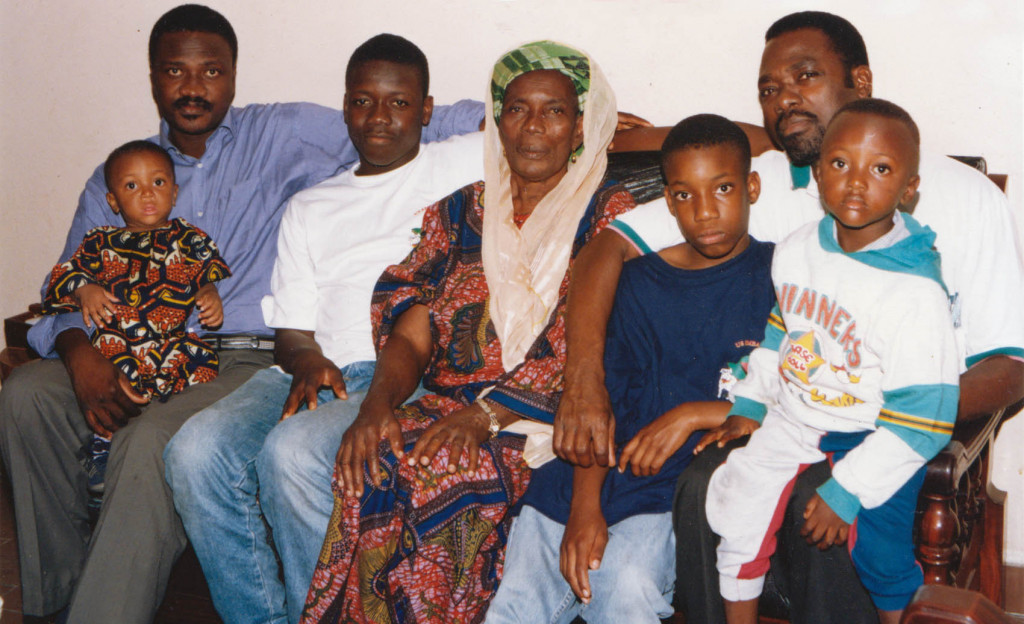
When the couple’s first son, Soumanou, reached school age, Salifou sent him far away from home to receive the Islamic education necessary to prepare him to become also a well-rounded Muslim. To the contrary, Hadeejah preferred that her son attend what was then called the “white man’s school”—regular school—to acquire Western education in order to pursue a career in the civil service.
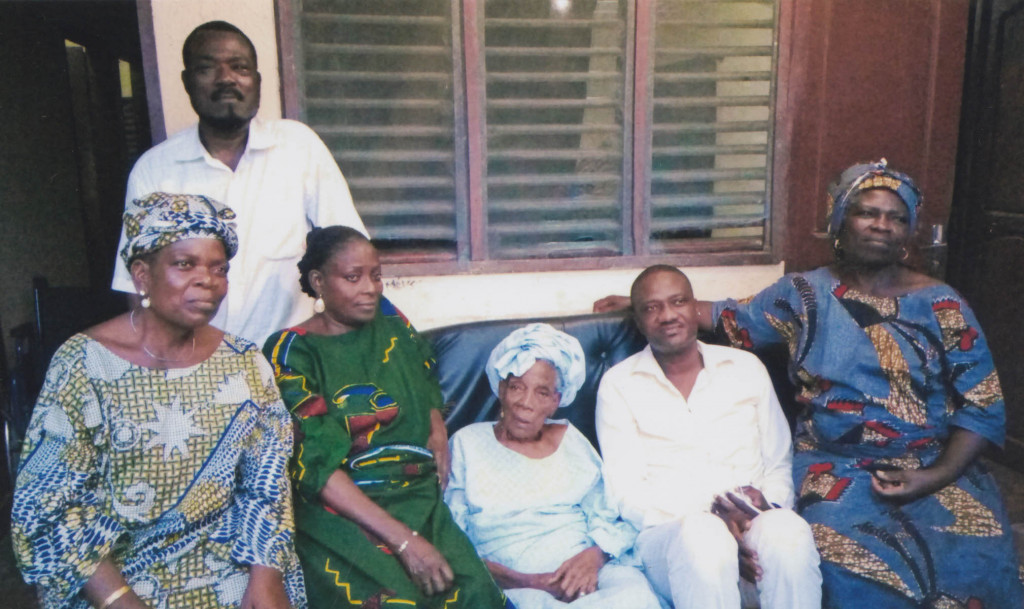
This led to a clash between the couple, a David vs Goliath sort of confrontation, though a non-violent one: the highly-respected spiritual leader (who only recently was enthroned chief of the overall Salifou family and had settled back in the village) and his young, “western-leaning” wife who remained in the big city (per her husband’s counsel) to carry on her business pursuit—albeit having to often travel back home to visit her husband.
A cunning, stubborn Hadeejah started spreading false information alleging that her husband had given their son to a friend of his in exchange for money. In no time, the rumor reached Salifou but did not infuriate him. Rather, the old wise man quietly brought young Soumanou back home to his mother who immediately made all the administrative arrangements to enroll their son in the so-called white man’s school.
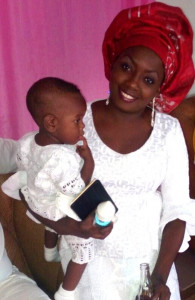
Soumanou excelled in school, went all the way to college in Benin and overseas, including the prestigious Johns Hopkins University in the United States which ranked 12th overall out of the nation’s thousands of academic institutions. He became the first member of the entire Salifou family to visit the United States, and later settled there upon finishing his studies. He embraced a career in journalism, becoming an award-winning reporter at the Voice of America in Washington, D.C. Soumanou crowned his life’s pursuits with the launch of the premier African magazine published in the United States, The African, which was graced by a May 22, 2002 congratulatory letter from then-President George W. Bush.
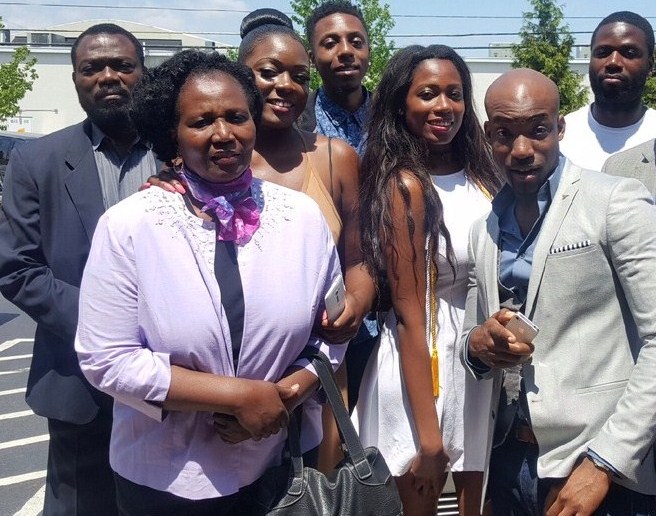
After Mama Salifou’s demise in 1959, when her oldest son Soumanou was only 11, Hadeejah bravely carried out her responsibilities as the single mother of six. Her second son, Bouraima, excelled in school as well, attended renowned universities overseas including the University of Leeds in UK, and embraced the teaching career overseas. He later returned to Benin and started a construction company. A long-time Rotarian, in 2011 Bouraima rose to the position of Governor of the district 9100 of Rotary International which then encompassed 14 West African countries. Many of Hadeejah’s grand-children—who number in the dozens—are pursuing great careers in Benin, elsewhere in Africa, Europe and the United States.
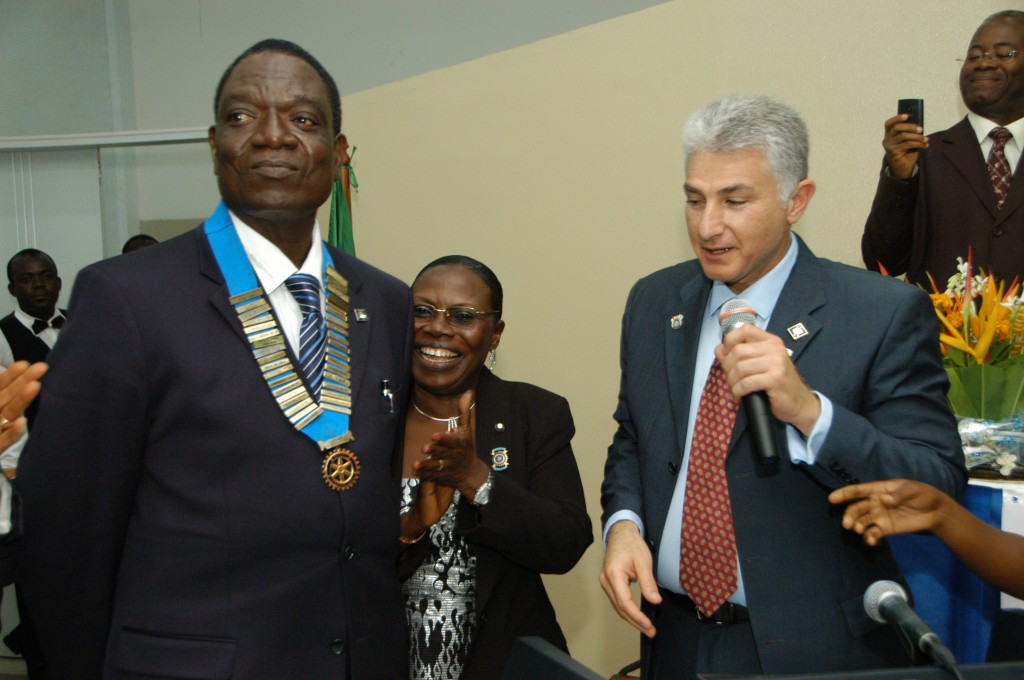
In his upcoming memoir, which he dedicated to his mother, Soumanou Salifou writes: “To my mother: My best friend, my heroin, the roots that have nourished me, and the torch that will always light up my way in this obscure and dangerous world.”
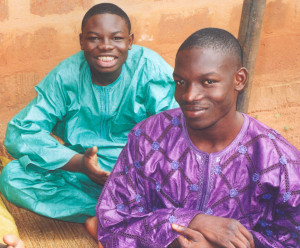
Soumanou also writes about the courage and tenacity of his mother, especially after her husband’s death: “Dada was one of the hardest-working and most brave women that have ever existed, working seven days a week, from dawn to dusk. None of the so-called ‘male’s jobs’ was too hard for her: chopping wood, fixing our fences when they were broken, or erecting the bungalow that served as her workshop,” even after she got remarried later. He adds: “Consequently, she never failed one single day of my entire young life to provide me with at least three nutritious, tasty meals, sometimes consisting of food staples that, in those days, were found only on rich people’s dinner tables: chicken, rice, macaroni, eggs, and salad, not to mention more traditional Benin dishes such as vegetable stew, palm-nut stew or okra stew cooked with beef, lamb or smoked fish, crabs and shrimp, and served with a hot, steaming corneal we call wô.”
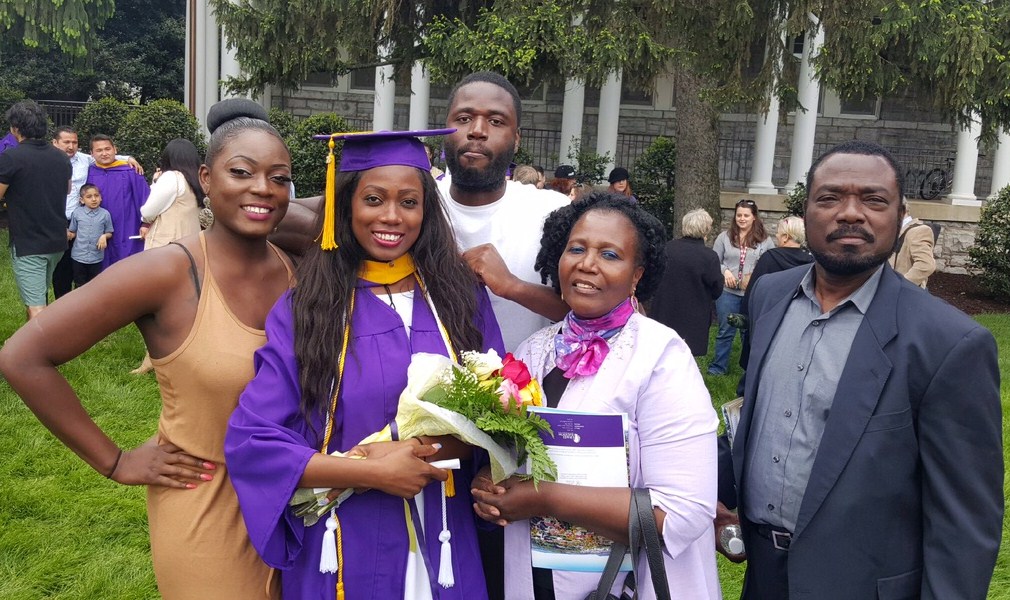
It was widely believed in the old African society that if a woman challenged her husband as Hadeejah did by spreading negative and false information about Mama Salifou, that backfired. In this particular instance, it would result in the child failing at school. So Mama Salifou sought to prevent that from happening. During his first school break, Soumanou visited his dad in the village. One day after the mid-day prayer, the father called the little boy for a talk. “Your mother got pretty restless about sending you to the white man’s school,” the wise old man started, adding: “but a child needs his father’s blessing to succeed in life.” Then, Soumanou recounts, the old man placed his right hand on the boy’s head and whispered some verses from the Holy Quran and then showered his son with blessings.
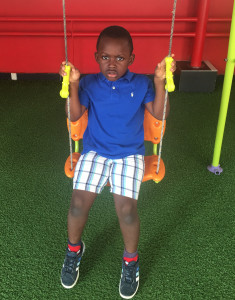
Soumanou Salifou also writes in his memoir that he views his dad’s blessings as a necessary complement to his mother’s bold move to enrol him in school in the first place. Those blessings, Soumanou stresses, are a key factor in his academic and professional success.
